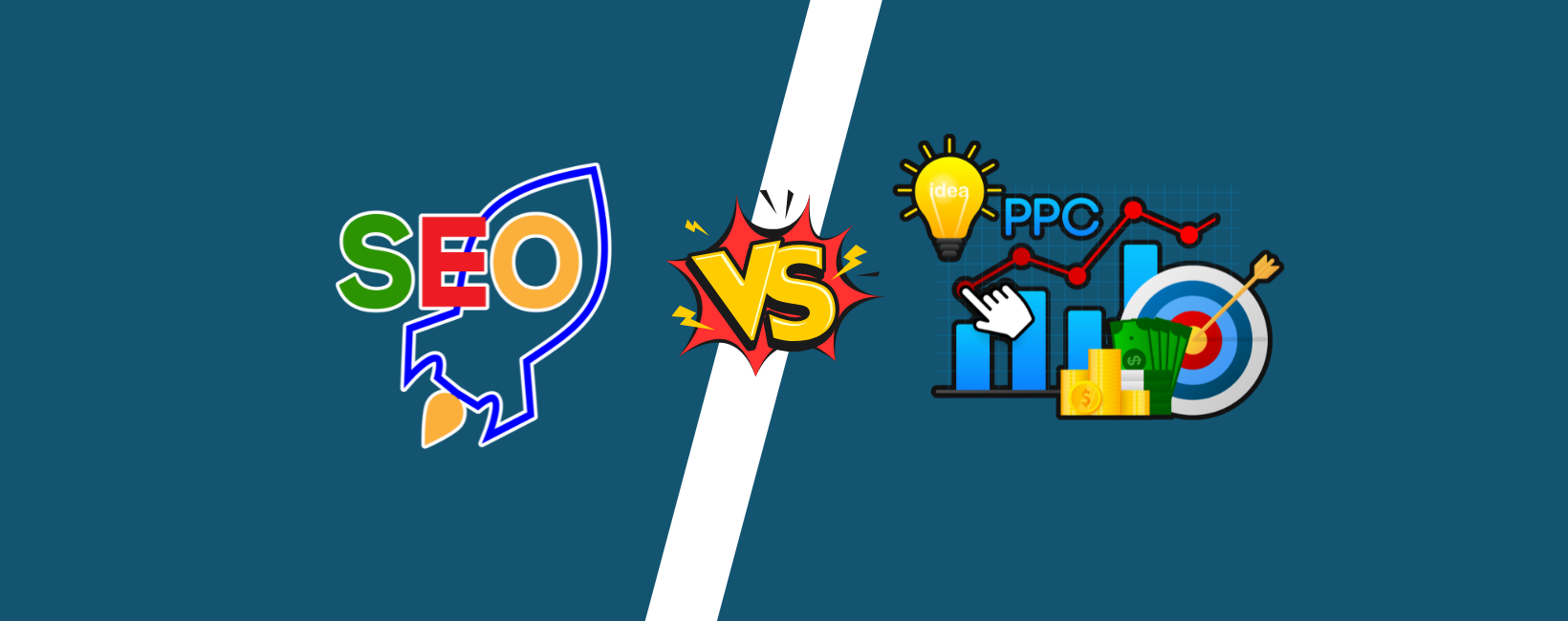
PPC vs. SEO: Which is Right for Your Marine eCommerce Store?
For businesses in the the marine eCommerce industry, getting your store in front of the right audience is essential. Two of the most common strategies for driving traffic and increasing sales are paid ads (PPC) and search engine optimization (SEO). While both strategies aim to boost your website’s visibility, they do so through distinct approaches. SEO, with its focus on organic growth, builds a sustainable online presence. On the other hand, PPC offers immediate results through paid advertising. But how can SEO and PPC strategies be harnessed together to maximise your digital marketing potential?
Could the secret to unlocking the true potential of your marine ecommerce business lie in the perfect blend of SEO and PPC?
SEO and PPC Overview
When it comes to marine ecommerce, understanding SEO and PPC is crucial for steering your business towards success. These two pillars of search engine marketing are distinct yet complementary, each offering unique benefits and challenges.
Understanding Search Engine Marketing
Search engine marketing is a broad umbrella encompassing both SEO and PPC strategies. SEO, or search engine optimisation, enhances your website’s organic search visibility through optimised content and technical improvements.
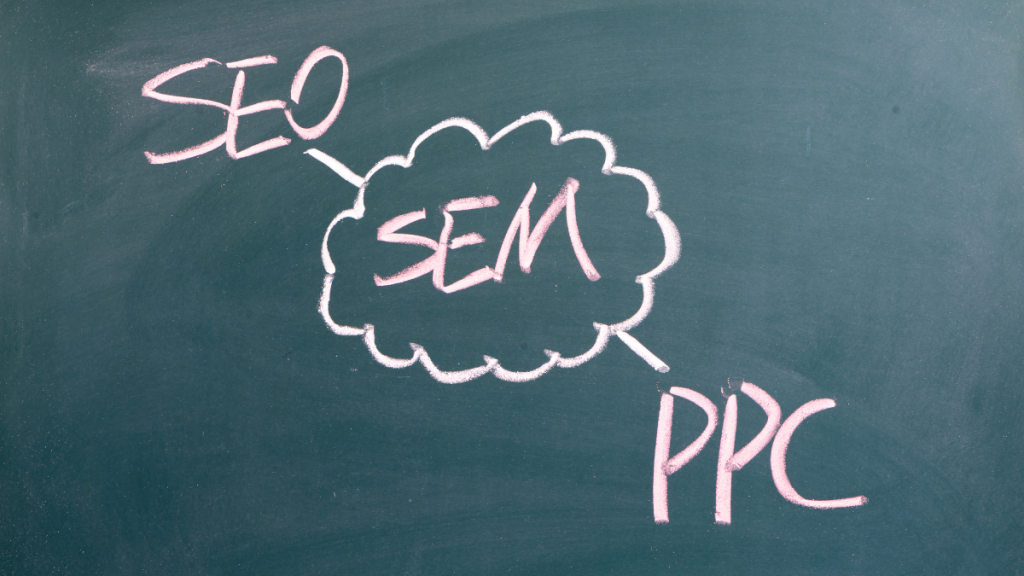
By driving organic traffic, SEO helps establish a sustainable online presence, crucial for marine businesses in building a trustworthy brand. On the other hand, PPC, or pay-per-click advertising, involves paying for ad placements on search engine result pages. This approach provides immediate visibility and the ability to target specific demographics, making it a powerful tool for driving traffic to your site quickly.
Both SEO and PPC marketing aim to increase website traffic and improve online presence, but they do so through different means. While SEO requires time and effort to build organic rankings, PPC offers instant results but at a cost. Understanding these differences and how they can work together is key to crafting a successful digital marketing strategy for your marine ecommerce business.
Pros and Cons of SEO
For marine businesses, SEO offers a strategic advantage by building a strong foundation for long-term growth. It’s crucial to weigh the pros and cons before diving deep into the world of SEO.
The Benefits of SEO
SEO provides numerous benefits that make it an attractive option for marine ecommerce businesses. One of the most significant advantages of SEO is its ability to deliver long-term results and sustainable traffic growth. By improving your site’s organic rankings, SEO helps establish your brand as a credible and trustworthy authority in the marine industry. Organic traffic generated through SEO efforts is often more valuable than paid traffic, as users tend to trust organic search results more than ads.
Implementing SEO is also cost-effective compared to ongoing PPC costs. While PPC requires a continuous budget to maintain traffic levels, SEO involves an upfront investment that can yield results over time. Moreover, SEO helps build brand awareness and authority. It positions your marine ecommerce business as a go-to resource for customers in search of high-quality products and services.
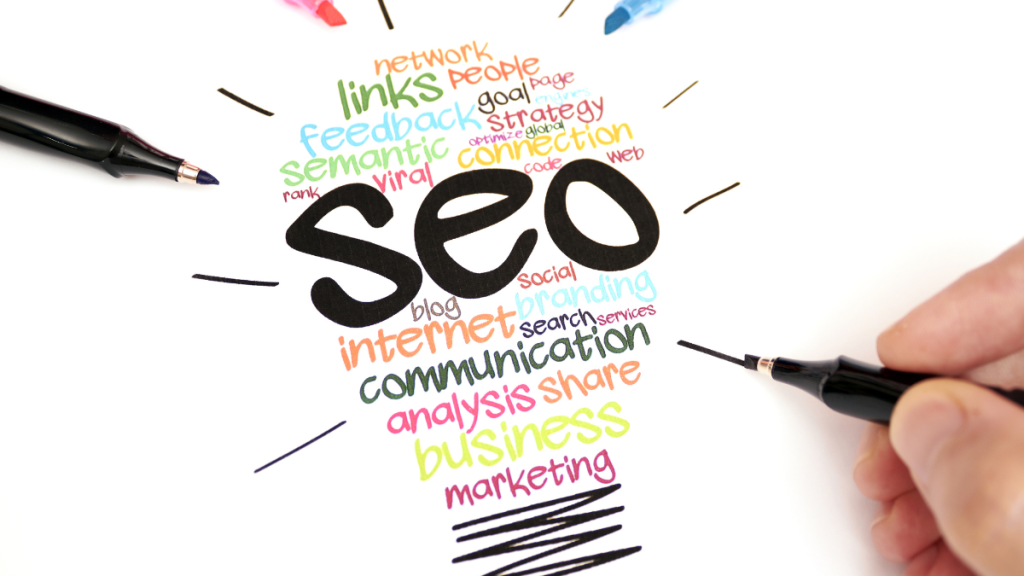
The Challenges of SEO
- Takes Time: SEO is not an overnight solution. It can take months before you start seeing significant results, which can be frustrating for businesses looking for immediate returns. From choosing the right types of keywords to creating quality content, you need to be patient and consistent. SEO trends keep on changing and you’ll need to stay updated.
- Constant Process: SEO is an ongoing process. Search engine algorithms change regularly, and your competitors are likely investing in their SEO strategies as well. You’ll need to continuously optimize your content and website to maintain your rankings. You also need to utilise reliable SEO tools for better results.
- Competition: It can be challenging to rank for the most valuable keywords. If you’re competing with established marine eCommerce brands, it may take more time and resources to outrank them on key search terms. You need to try other strategies like social media marketing, content marketing, and others to beat competitors.
Pros and Cons of PPC
While SEO builds a strong foundation for long-term success, PPC offers immediate visibility and targeted reach for marine ecommerce businesses.
The Benefits of PPC
PPC delivers a range of advantages that make it an appealing choice for marine ecommerce businesses seeking quick results. One of the most significant benefits is its ability to provide immediate visibility and traffic to your website. Unlike SEO, PPC allows you to appear at the top of search engine results pages almost instantly. This is particularly valuable for new businesses or those launching new products in the marine industry.

Another advantage of PPC advertising is the ability to precisely target specific demographics and interests. With PPC, you can tailor your ads to reach the right audience. This ensures that your marketing efforts are focused on potential customers who are most likely to convert. PPC provides measurable and trackable performance data, allowing to monitor the effectiveness of campaigns and make informed decisions about future marketing strategies. Businesses can also control their advertising budget and adjust bids in real-time to optimise ad spend for maximum return on investment.
The Challenges of Paid Ads
- Cost: The most obvious downside to PPC is that you have to pay for each click. In competitive markets, such as the marine industry, keywords like “marine equipment” or “yacht accessories” can become expensive.
- Short-Term Impact: While paid ads can drive traffic quickly, the effects are short-lived. As soon as you stop paying for search ads, the traffic may stop, too.
- Ad Fatigue: Consumers can experience ad fatigue when they see the same ads repeatedly, causing a decrease in clicks and engagement.
Beyond Differences : Using SEO Strategy and PPC Advertising
While SEO and PPC differ in their approaches, they can work together harmoniously to maximise your marine ecommerce business’s marketing potential. By integrating these strategies, you can enhance brand visibility and improve conversion rates.
When used together, SEO and PPC can be powerful for your marine ecommerce business. By running PPC campaigns alongside SEO efforts, you can achieve top-of-the-page visibility, capturing both organic and paid traffic.
PPC campaigns can also inform your SEO keyword strategies through valuable performance data. By analyzing the target keywords that drive the most traffic and conversions in your PPC campaigns, you can gain valuable insights. These high-performing keywords can then be used to refine your SEO efforts for better results. This synergy between SEO and PPC helps build long-term brand recognition.
Moreover, integrated strategies maximise customer reach and improve conversion rates. They can crease the chances of converting potential customers into loyal clients. This holistic approach ensures that your marine ecommerce business remains competitive in the digital landscape.
When to Use Paid Ads vs. SEO
So, when should you choose paid ads, and when should you focus on SEO for your marine eCommerce store?
- Use Paid Ads When:
- You need immediate results: If you’re running a time-sensitive promo, like “Black Friday” sale, paid ads can deliver instant traffic.
- You’re targeting specific audiences: With PPC, you can target niche audiences that may be difficult to reach through organic search.
- You have a flexible budget: If you have the budget to support ongoing ad spend, PPC can be a great way to continuously drive traffic.
- Use SEO When:
- You want long-term growth: SEO is a slow and steady approach that builds sustainable traffic over time.
- You’re working with a limited budget: Once implemented, your SEO strategy can drive traffic without the ongoing costs of paid ads.
- You want to build credibility: Ranking highly in organic search results builds trust with potential customers.
Coordinating the timing of PPC ads with SEO campaigns is another effective strategy for peak visibility. Regularly review analytics to adjust and optimise both SEO and PPC strategies. This will help ensure that your marine ecommerce business continues to thrive in the market.
Best Practices for SEO in Marine Ecommerce
For marine ecommerce businesses, implementing effective SEO strategies is crucial to building a strong online presence. By focusing on industry-specific best practices, you can enhance your website’s visibility and credibility.
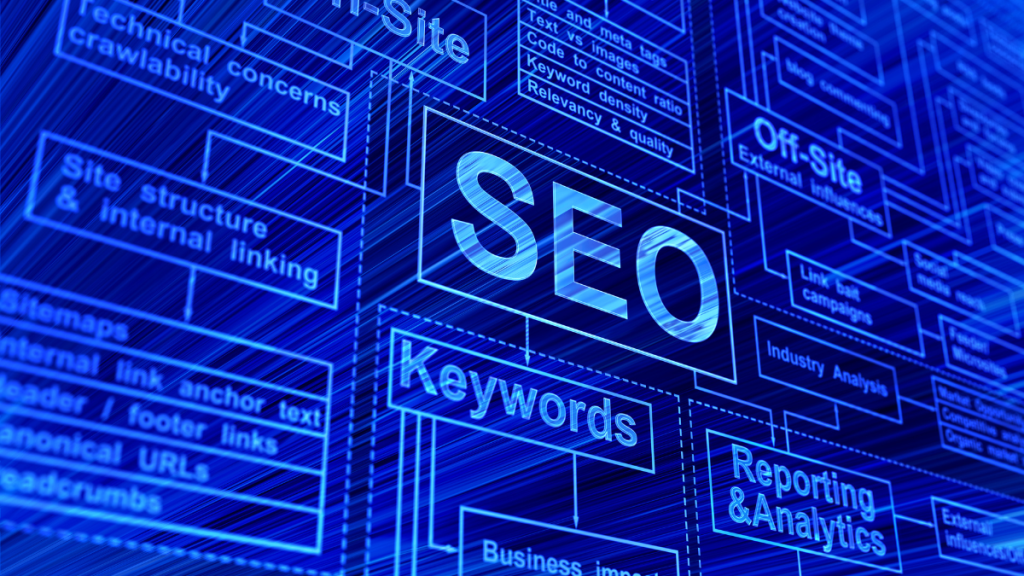
- Conduct a thorough keyword research
One of the first steps in developing a successful SEO strategy for marine ecommerce is conducting thorough keyword research specific to marine products. Optimise your content to rank higher in search engine results by identifying relevant keywords that potential customers are using to search.
- Optimise your product descriptions
On-page SEO is essential for every website. Optimise product descriptions and metadata to ensure that they align with search engine algorithms and capture the attention of your target audience.
- Create relevant content that Google loves
Developing high-quality, informative content relevant to marine enthusiasts is another essential component of an effective SEO strategy. Create engaging blog posts, articles, and guides that address search intent and needs of your audience. With this, you can establish your brand as a knowledgeable authority in the marine industry. Consider using long-tail keywords for better content optimisation.
- Optimise your website for better structure and performance
Ensure that your website’s structure and navigation support SEO best practices for better user experience and search engine rankings. Make sure to implement effective technical SEO strategies for better optimisation.
Best Practices for PPC in Marine Ecommerce
Identify your target niche
Identifying and targeting niche PPC keywords related to marine products is a crucial first step in developing a successful PPC advertising strategy.

- Use long-tail keywords
After doing an in-depth keyword research, By focusing on less competitive, long-tail keywords, you can reduce costs while reaching a highly targeted audience.
- Create compelling copy for Google ads
Crafting compelling ad copy that resonates with marine customers is equally important. Your ads should highlight the unique features and benefits of your products, capturing the attention of potential buyers.
- Monitor your budget and adjust bids
Monitoring and adjusting bids to maintain cost-effective ad performance is another critical aspect of PPC management. By regularly reviewing your campaign data, you can identify areas for improvement and make adjustments to optimise your ad spend.
- Use retargeting strategies for better results
Use retargeting strategies to re-engage potential customers who have shown interest in your marine goods. This will help improve conversion rates and maximise your advertising budget.
How The Digital Deckhand Can Help
The integration of SEO and PPC marketing offers marine ecommerce businesses a powerful way to enhance their online presence. By understanding the unique benefits and challenges of each strategy and implementing best practices, you can create a comprehensive digital marketing strategy that maximises your marketing potential. So, what’s your next move? How will you leverage the power of SEO and PPC to propel your marine ecommerce business to new heights?
Digital Deckhand specializes in helping marine eCommerce businesses maximize their online presence through tailored SEO and PPC strategies. With deep industry expertise, we can optimize your website to rank for relevant marine-related keywords, ensuring long-term traffic growth and visibility. Additionally, our data-driven PPC campaigns can deliver immediate results, targeting specific audiences ready to purchase your products. By combining both approaches, Digital Deckhand creates a balanced strategy that boosts your brand visibility, drives sales, and positions your business as a leader in the marine market. Contact us today to get started!
